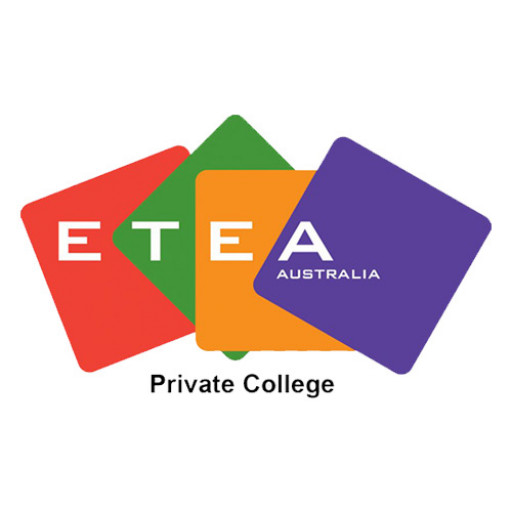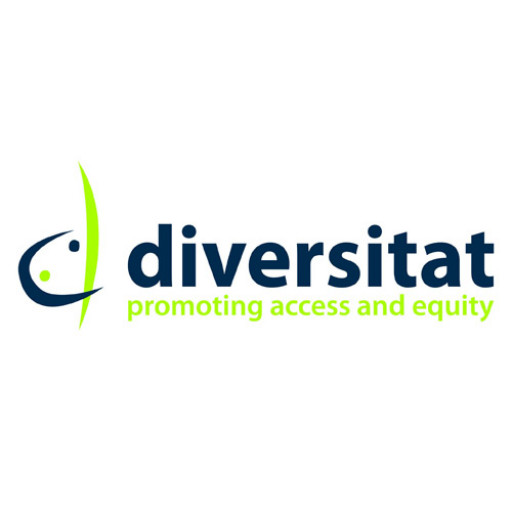The Disability Support and Services program at Holmesglen Institute is designed to equip students with the essential knowledge and practical skills required to support individuals with disabilities across a variety of settings. This comprehensive course covers fundamental concepts related to disability, including understanding diverse disability types, health considerations, and the social and legal frameworks that underpin support services. Students will learn effective communication techniques, person-centered approaches, and assessment strategies to ensure that support is tailored to the unique needs of each individual. The program emphasizes the importance of promoting independence, inclusion, and well-being for people with disabilities and fosters a compassionate understanding of the challenges faced by this community.
Throughout the coursework, students will engage in both theoretical learning and practical placements, providing real-world experience in disability support environments such as community centers, health facilities, and residential care settings. The curriculum includes topics such as therapy and intervention strategies, assistive technology, ethical considerations, and working collaboratively with families and other professionals. By the end of the program, graduates will be well-prepared to pursue careers as disability support workers, advocates, and case managers, contributing positively to the lives of individuals with disabilities and promoting inclusive practices within society.
Holmesglen Institute’s Disability Support and Services program also emphasizes ongoing professional development and ethical practice, ensuring graduates remain competent and responsive to changing needs in the disability sector. Whether students are starting their career or enhancing their existing skills, this program offers a solid foundation for meaningful employment and lifelong learning in the field of disability services.
The Disability Support program at Holmesglen Institute is designed to equip students with the knowledge, skills, and practical experience necessary to support individuals with diverse disability needs in various settings. This comprehensive course covers essential topics such as understanding different types of disabilities, applying person-centered approaches, and facilitating inclusive environments. Throughout the program, students will learn about the social model of disability, legal and ethical considerations, and effective communication strategies to work empathetically and professionally with people experiencing disability. The curriculum emphasizes practical skill development through hands-on training and workplace learning placements, allowing students to gain real-world experience in community settings, disability services, and healthcare environments. Students will also explore the importance of promoting independence, social participation, and access to services, ensuring they are prepared to support clients in achieving their goals and improving their quality of life. The program includes modules on health and safety procedures, behavior management, and the use of assistive technology, which are critical components for comprehensive disability support. With experienced faculty and industry partnerships, students are provided with current best practices and innovative approaches to disability support work. Upon successful completion, graduates will be qualified to work in various roles within the disability sector, including support workers, community care assistants, and advocacy officers. Holmesglen’s Disability Support program is committed to fostering a dedicated, knowledgeable, and compassionate workforce that makes a meaningful difference in the lives of people with disabilities.
Program requirements for the Disability Services program at Holmesglen Institute typically include a completed application form, proof of Australian residency or citizenship, and relevant academic transcripts. Prospective students must demonstrate a genuine interest in working with individuals with disabilities and possess strong communication and interpersonal skills. A relevant background or experience in health, community services, or related fields can be advantageous but is not mandatory. International applicants may need to provide English language proficiency scores such as IELTS, with a minimum score of 6.0 overall. Additionally, applicants are usually required to attend an interview or complete a selection task to assess their suitability for the program. It is also essential to meet any specific health and immunization requirements to ensure students are able to participate in clinical placements. Students should have a good understanding of disability rights and legislation relevant to the field. The program emphasizes practical skills development, so students are expected to participate actively in both classroom learning and workplace placements, which are integral to the curriculum. Prior experience in customer service or healthcare settings can be beneficial. Due to the hands-on nature of the program, good physical health and the ability to undertake physical activities such as assisting with mobility are desirable. Applicants must also be committed to upholding confidentiality, demonstrating empathy, and adhering to ethical practices in disability support services. The program is designed to prepare students for employment in community health organizations, disability service providers, and related settings, so understanding of the local community context and cultural sensitivity is important. Overall, the program welcomes applicants who are motivated, compassionate, and dedicated to making a positive difference in the lives of people with disabilities.
The Holmesglen Institute offers various funding options and financial assistance programs to support students enrolled in its Disability-related courses. Students may access government-supported schemes such as Youth Allowance, Austudy, and the Higher Education Loan Program (HELP), which include deferred payments and income-based repayment options. These financial supports are designed to reduce the upfront cost burden and make higher education more accessible for students with disabilities. Additionally, Holmesglen provides scholarships and bursaries that may be available specifically for students pursuing health and disability studies, including those who demonstrate financial need or academic merit. Students are encouraged to explore the Australian Government's Vocational Education and Training (VET) student loans, which can cover tuition fees for eligible programs, thereby alleviating financial pressures. The institute also offers payment plans and financial counseling services to assist students in managing their education expenses effectively. For students with disabilities, there are tailored support services that can sometimes include funding for additional needs, such as assistive technology or personal support workers. International students, if applicable, should consult specific visa-related funding options and scholarship opportunities. Overall, the combination of government grants, loan schemes, scholarships, and the institute’s own financial support initiatives ensures that students pursuing their education in disability studies at Holmesglen have access to comprehensive financial assistance to facilitate their academic and career aspirations.
Disability programs at Holmesglen Institute are designed to equip students with the skills and knowledge necessary to support individuals with disabilities across various settings. The courses focus on developing an understanding of different types of disabilities, including physical, sensory, intellectual, and psychological impairments, and how to assist individuals in overcoming barriers to participation in daily life. Holmesglen emphasizes practical training alongside theoretical learning, providing students with hands-on experience through work placements and industry partnerships, which are integral to the curriculum.
The program curriculum covers essential topics such as support techniques, communication strategies, inclusive practices, and legal and ethical considerations related to disability services. Students are also introduced to assistive technologies and adaptive devices that enhance independence and quality of life for people with disabilities. The institute strives to foster a compassionate and professional approach in students to ensure high standards of care and support.
Holmesglen Institute's disability programs are suitable for individuals interested in pursuing careers in community services, healthcare, education, and social support roles. The programs aim to meet the ongoing demand for qualified carers and support workers in various sectors, including aged care, disability support, and respite services. Students who complete these programs are prepared to work in diverse settings such as residential facilities, community organizations, and schools.
Holmesglen also provides flexible study options, including full-time and part-time courses, and offers pathways to further education and specialization in related fields. The Institute’s commitment to quality education and industry relevance ensures that graduates are well-equipped to make meaningful contributions to improving the lives of people with disabilities. The learning environment promotes inclusivity, diversity, and respect, aligning with contemporary practices and standards in disability support services.
Graduate pathways include opportunities to pursue diplomas, advanced diplomas, or even bachelor degrees in related areas. Holmesglen’s strong industry connections facilitate employment opportunities and ongoing professional development. The program emphasizes ethical service delivery, person-centered approaches, and developing cultural competence to address the diverse needs of clients.
In summary, Holmesglen Institute’s disability programs are comprehensive, industry-aligned, and designed to prepare students for meaningful careers in supporting individuals with disabilities. The training combines academic knowledge with practical skills, ensuring graduates are competent, compassionate, and ready to meet the challenges of working in this vital sector of community services.









